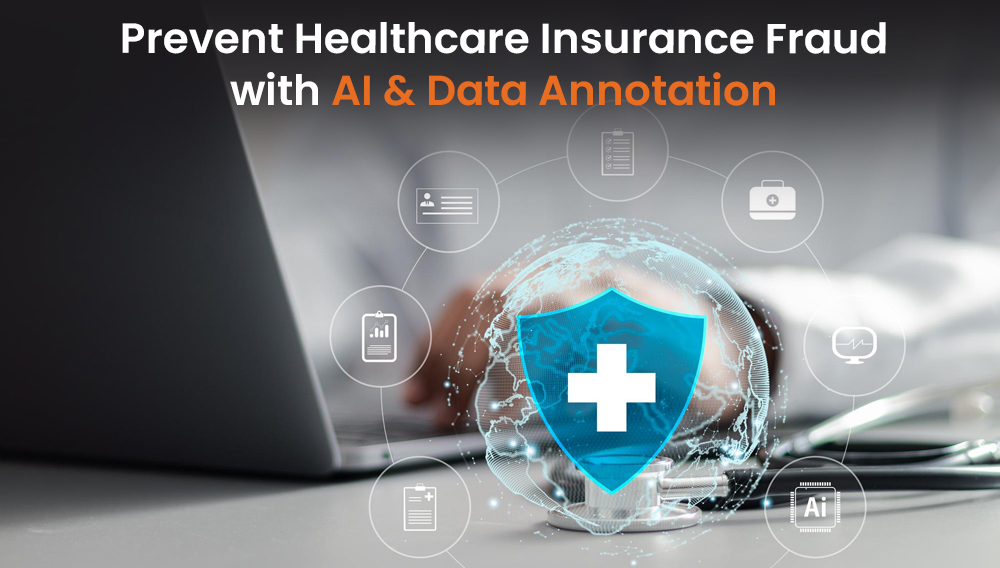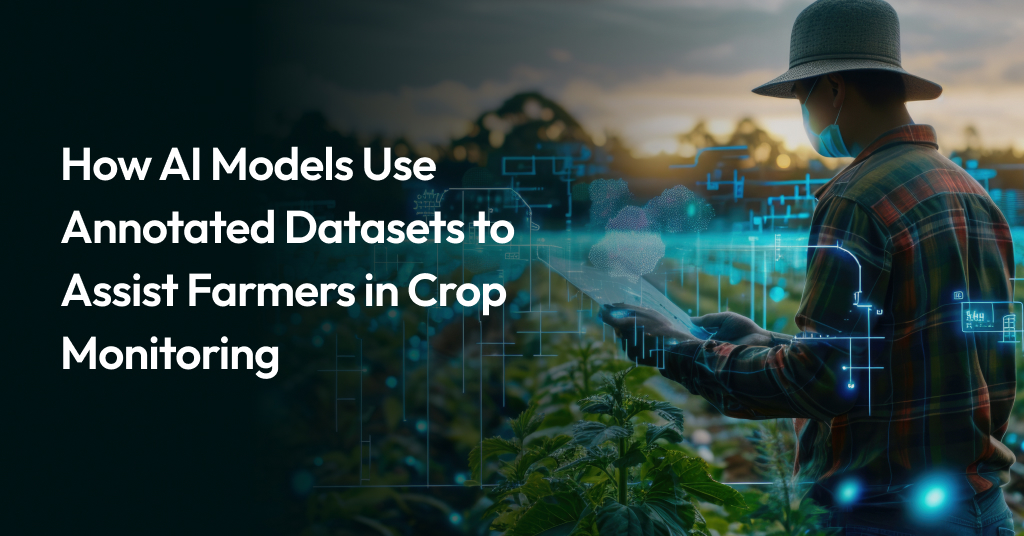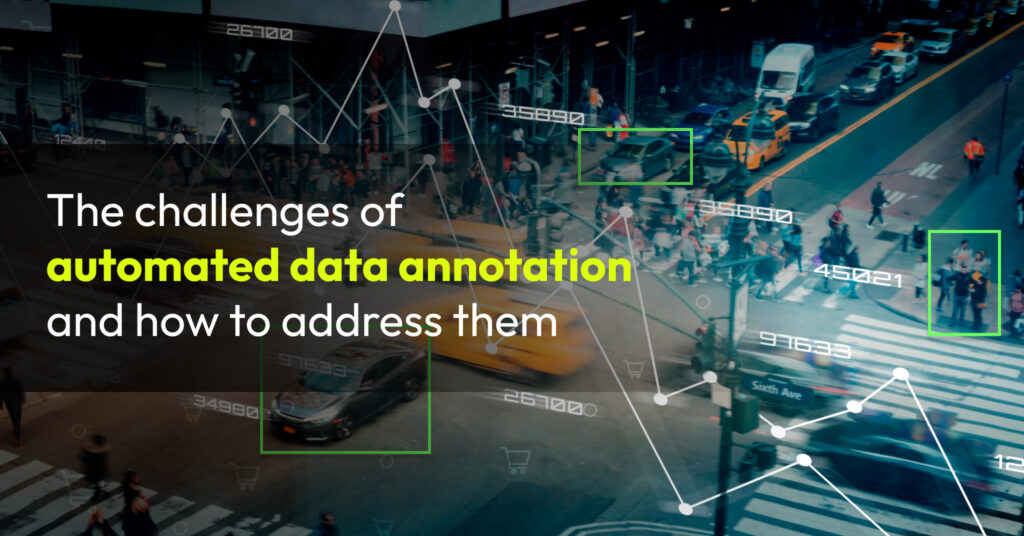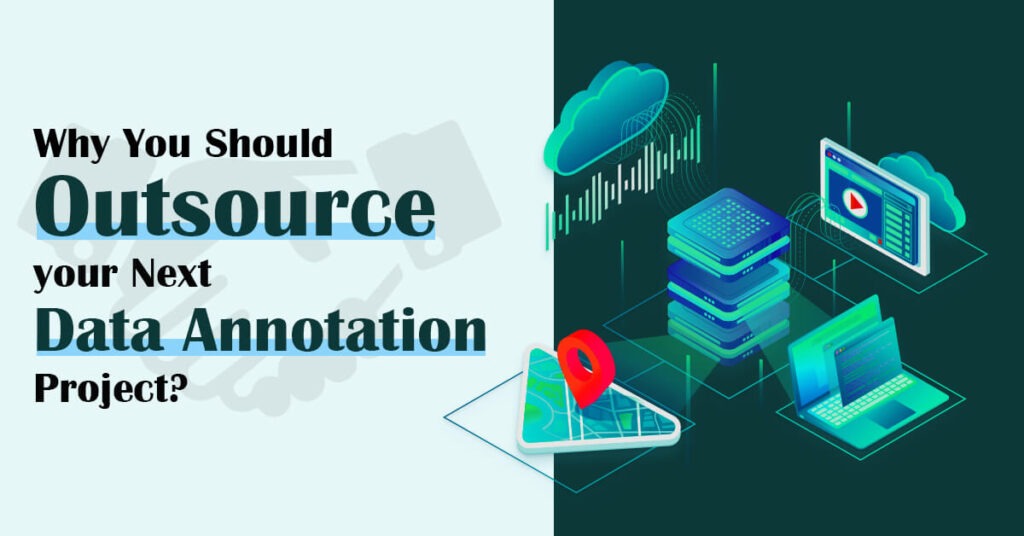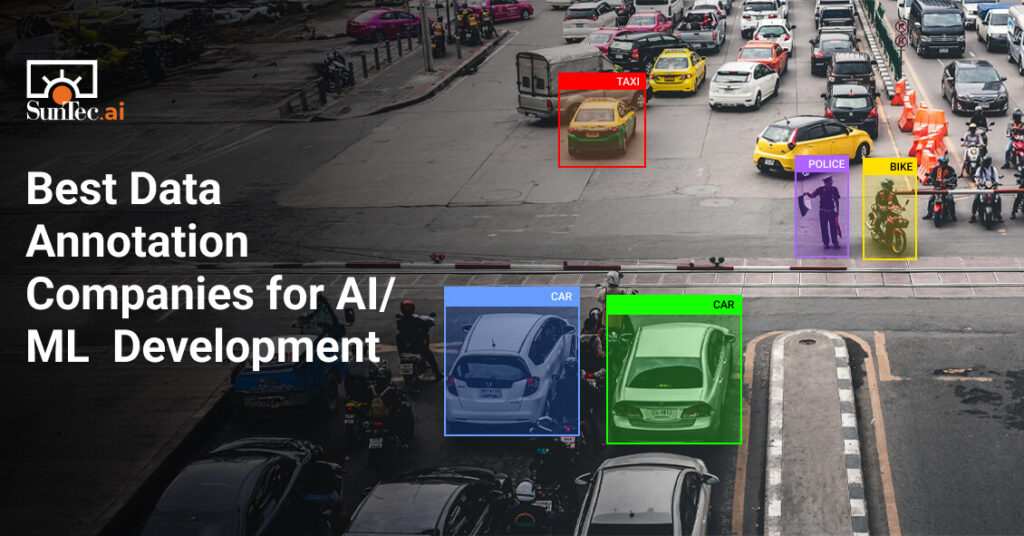
AI/ML model development depends on the availability of large, accurately labeled training datasets. When annotation workflows lack scale, consistency, or domain expertise, organizations face immediate operational challenges: stalled training pipelines, degraded model accuracy, and increased costs across the development lifecycle.

